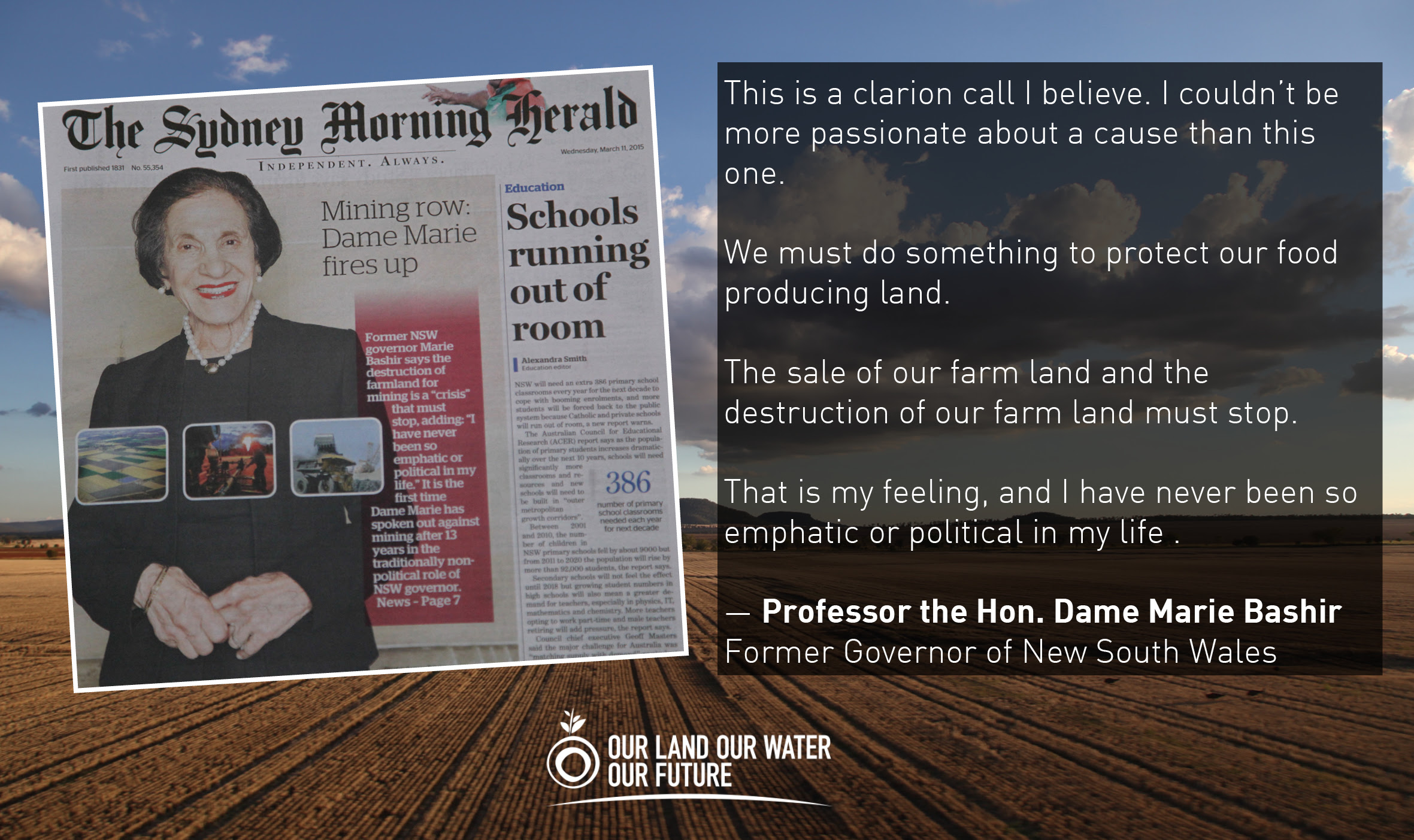(Material below courtesy of The Australia Institute.)
The NSW Planning Department is secretly working with the mining industry to change economic assessment guidelines which would make it easier for unviable mines to get approval.
Existing NSW guidelines state that economic assessment should look at 'all major costs and benefits to whoever they accrue', before then looking at what costs and benefits are relevant to the NSW community. It is important for decision makers to have an understanding of the total costs and revenues of a project, because if a project isn’t financially viable, it won’t provide jobs and royalties to the state.
Centennial should know this, because just months after consultants to the company’s Angus Place mine expansion estimated that project had a total economic benefit of $770 million, Angus Place was closed because it wasn’t making any money.
Despite their estimates on Angus Place being wrong by at least $770 million, Centennial’s consultants defended their approach by saying: 'The fact that the Department of Planning and Environment is now developing [new] guidelines … demonstrates that different approaches are relevant'.
So sure, Centennial’s assessments don’t comply with existing guidelines (a fact confirmed by Planning’s own review). And sure, assessment done the way Centennial does it means a mine that’s going broke can claim hundreds of millions in benefits. But that doesn’t matter, because Planning is making new guidelines that make this all OK.
The Australia Institute spoke to Planning about these new guidelines. They are being drafted in collaboration with mining companies, their consultants and the Minerals Council to make sure they are 'fit for purpose'. Once the new NSW government has approved them, then they will go on display for public comment. We can’t wait.

